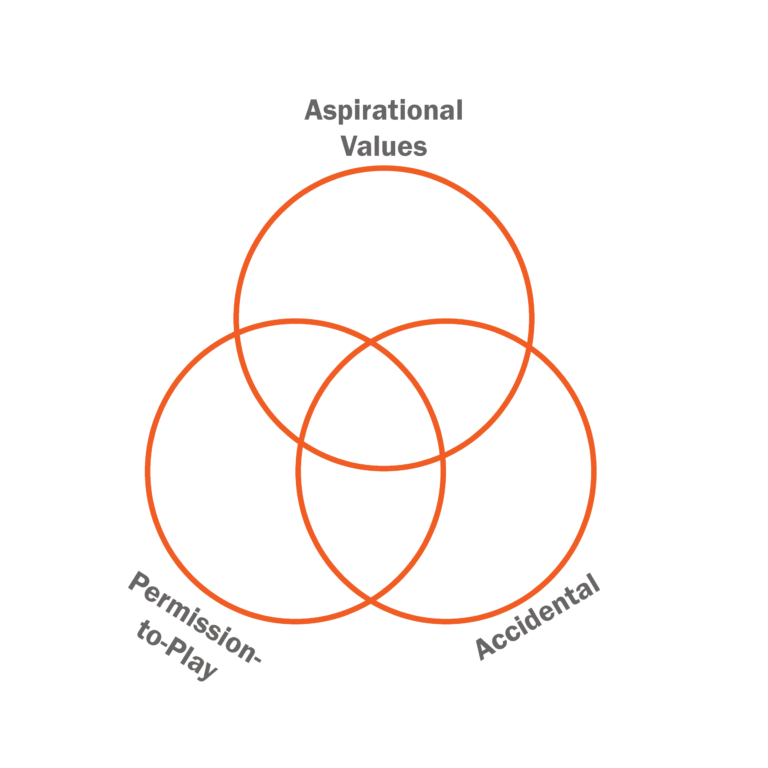My wife, Reka, and I were recently at a conference in San Diego, where I met Steadman Graham, most known for being Oprah’s significant other. It was a small conference organized by Steve Farber, an author and friend of mine. Steve wrote The Radical Leap and his new book, Love Is Just Damn Good Business, which will be released later this year. The myriad of conference presenters, ranging from CEOs of billion dollar corporations to professional speakers, were all friends of Steve.
I found what Steadman had to say interesting and in ways I hadn’t expected. There was a solid presence about him and he appeared to be comfortable speaking in the small, crowded room. I enjoyed the anecdotes and candor he brought to the conference.
The basic premise of his story was that growing up as a poor African American, he allowed others to define who he was and what he was capable of achieving. He spoke about a particular local restaurant owner who told him that even though he was going to college on a basketball scholarship, he would never amount to anything. Steadman focused his motivations on proving others wrong – that he was good enough, fast enough, and smart enough, among other qualities. He had allowed others to not only define him, but to also be the drivers of his motivations.
As I write this, I’m sitting on a plane from a different conference next to someone who is telling me about a situation in which a business owner is experiencing some difficult trials. The current owner is the founder’s son and he’s facing the tests of learning, embracing and showing who he really is, not who he is as defined by his late father, his leadership team, and his employees. This can be a challenge. However, acknowledge that it’s the first step in controlling the dialogue then turn it around to define who you really are, on your terms, not based on the narrative of others.
In his late 30s, Steadman began realizing that he wasn’t defined by others. He could control how he defined himself. Based on this, he started becoming the person he really is and, in fact, has created a process to assist others in controlling the narrative and taking back their power from others.
We spoke for a while after his presentation, and I was able to see how he could “live” in Oprah’s shadow. He could, simply because I don’t believe he cares what others think. Their thoughts don’t define him. That was all within his control.
Connecting these dots helped me to see how this thinking could cross over to business owners, leaders, and so many of us who have allowed others to define who we are. Controlling the narrative is within all of our own power – we simply have to adjust our thinking.
Have you or do you allow others to define you are? Need some guidance in learning how to control that narrative or adjust your thinking? Reach out to us today to find out how!





